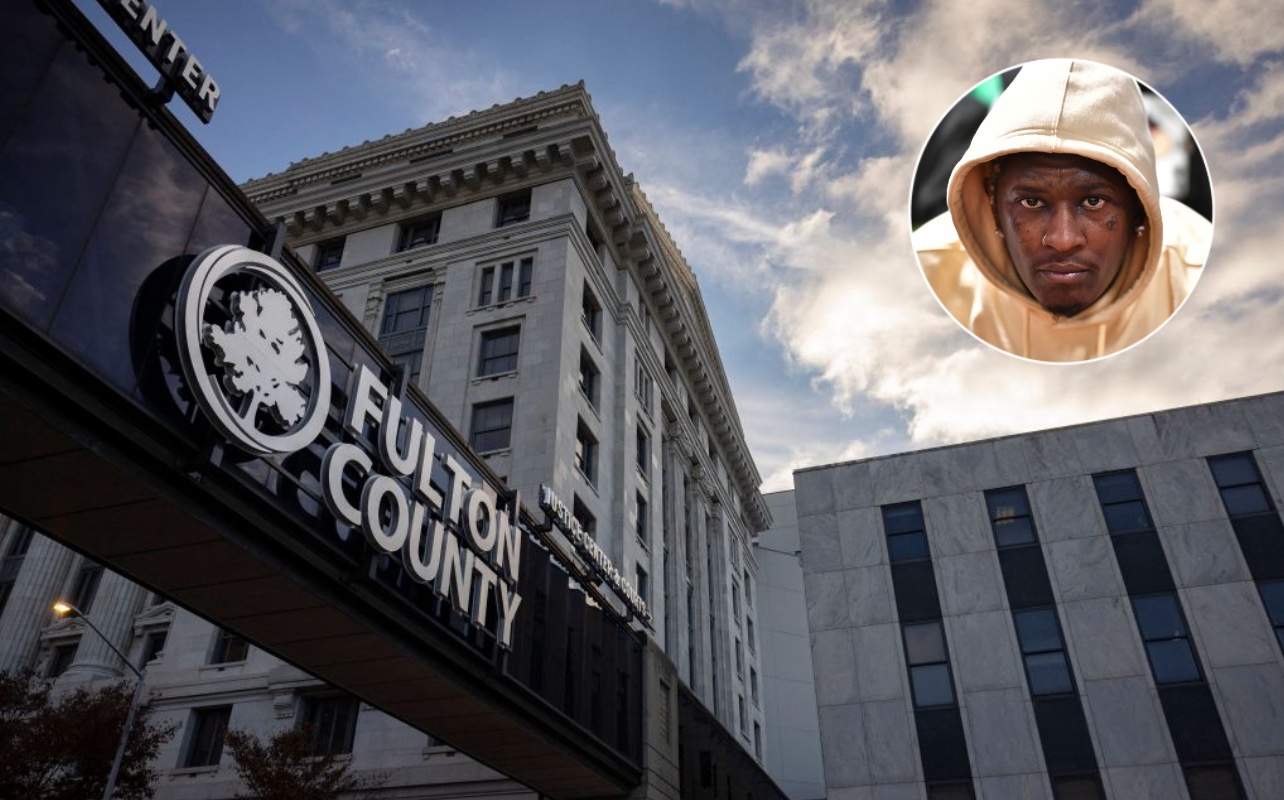It’s already been touted as the longest trial in Georgia’s history, the RICO (Racketeer Influenced and Corrupt Organizations Act) trial of Young Thug and his YSL (Young Stoner Life Records, although prosecutors claim it’s the acronym for the Young Slime Life gang) crew is slated to pick back up on Wednesday, March 13.
Last week, Brian Steele, the attorney for Jeffery Williams, better known as Young Thug, brought to the attention of the court a Supreme Court ruling that overturned a murder conviction against a rapper because a 33-second rap music video presented to the jury was more prejudicial than probative. Steele wants to use the judgment as an example for the court to strike lyrics and videos by Young Thug and his associates from evidence in this trial.
Steel submitted to Fulton County Superior Court Chief Judge Ural Glanville the entire decision in Baker v. State.
“This Honorable Court conditionally admitted evidence of rap videos, musical lyrics and the like in the trial of this case if the prosecution lay a proper foundation for same.” Steele described the “wonderful analysis” of O.C.G.A. § 24-4-403, which deals with the exclusion of relevant evidence that is more prejudicial than probative. “Mr. Williams argued that the admission of these items without foundation, that these specific lyrics, videos, words, and other artistic expressions, violates constitutional and statutory provisions.”
In November last year, Judge Glanville ruled that lyrics that the recording artist rapped in sound recordings could be used as evidence against him and his associates. Previous to this case, efforts had been made to disallow prosecutors from using lyrics written by rappers against them in a court of law.
In 2022, Rep. Hank Johnson, D-Georgia, presented the Restoring Artistic Protections Act, or RAP Act. If passed, it would limit the use of lyrics as permissible evidence in federal court.
